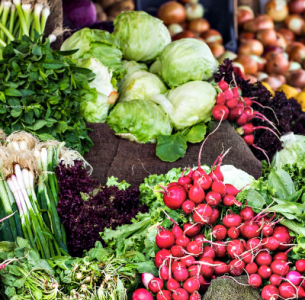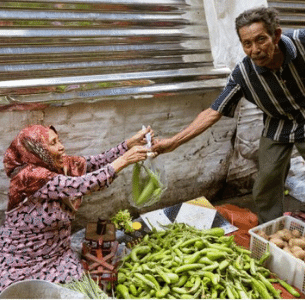Building and strengthening public private engagement for nutrition.
The global nutrition landscape is shifting and increasingly we hear calls for more and better multisector collaboration and public private action. But what do we mean by this, who is involved, and where do we start?
How do public bodies – government representatives, policymakers, UN bodies, civil society, academia, and consumer interest groups – know how to define effective cooperation with a hugely diverse private sector, from farmers to multinationals? How do private sector actors – farmers, fishers, processors, formal and informal food traders, logistics and transport companies, marketing agencies, corner stores, grocery stores – decide who to partner with to produce, distribute, sell, and market nutritious products?
The priorities of public and private sectors are often framed as oppositional, but there are plenty of common goals that would be better tackled together. So how do we maximise the skills, expertise and resources of both sectors to make safe and nutritious foods more affordable, available and desirable? What is the best way to promote this kind of public private engagement (PPE) for nutrition?
The initiatives, case studies, and resources below help answer these questions and provide some examples of good practice on selecting partners, managing conflict of interest, tracking and measuring impact, and reporting results.
Top resources we think matter
Initiatives

The Food Systems Dialogues (FSD) are intended to provide a space for decision-makers from local and national governments, consumer organizations, as well as small and large-scale food producers and processors, businesspeople, civil society groups and international organizations to meet, talk, agree and act together. By facilitating this interaction, disagreements that have been hindering action to positively transform food systems can be better understood and overcome.

Coordinated by the International Agri-Food Network (IAFN), the Private Sector Mechanism (PSM) at the United Nations Committee on World Food Security (CFS) in Rome is an open platform providing a permanent seat for private enterprises across the food value chain. Members include farmers, input providers, cooperatives, processors, SMEs and food companies.

Explore the organisations, platforms and initiatives to see who else is working to promote better nutrition through public private engagement.



